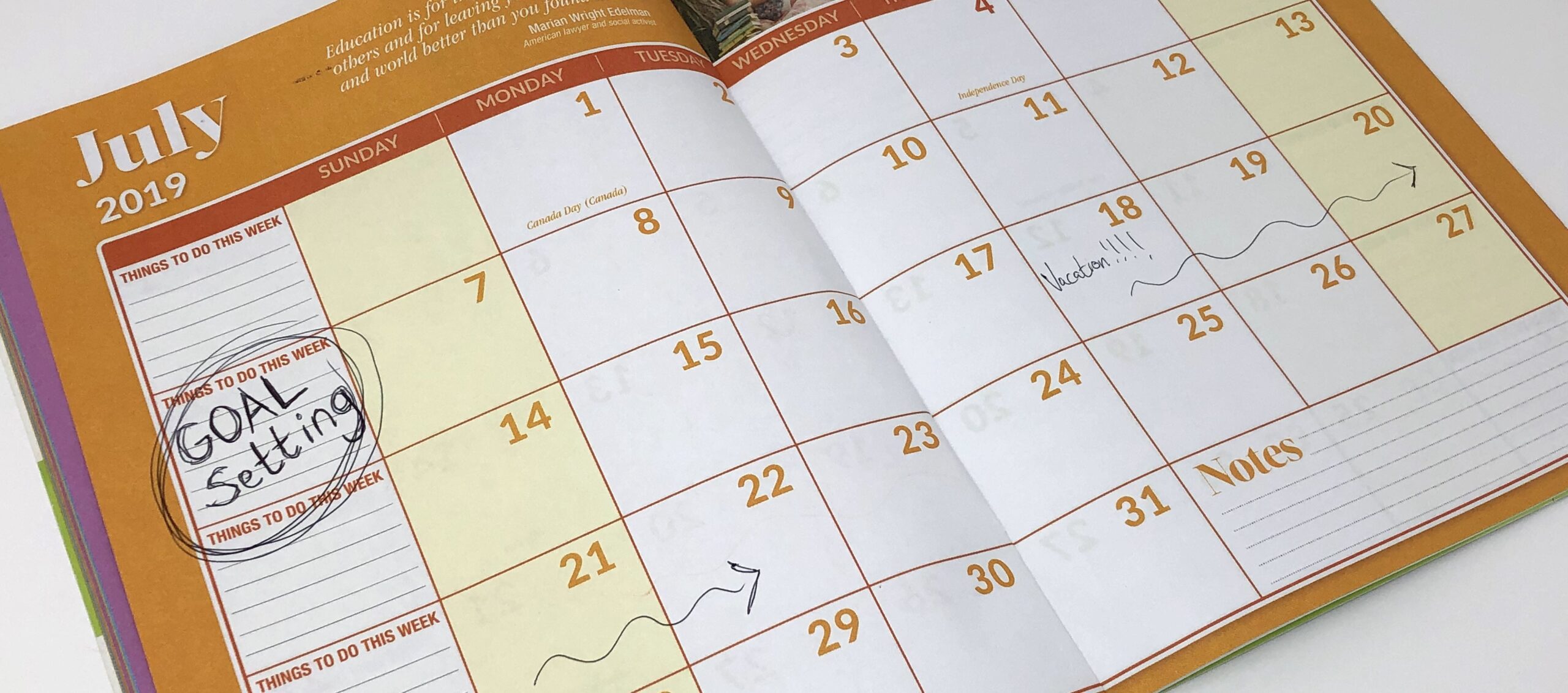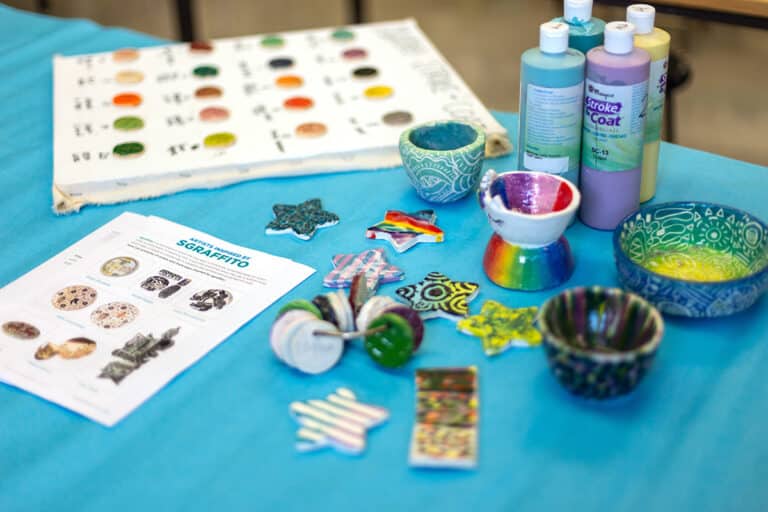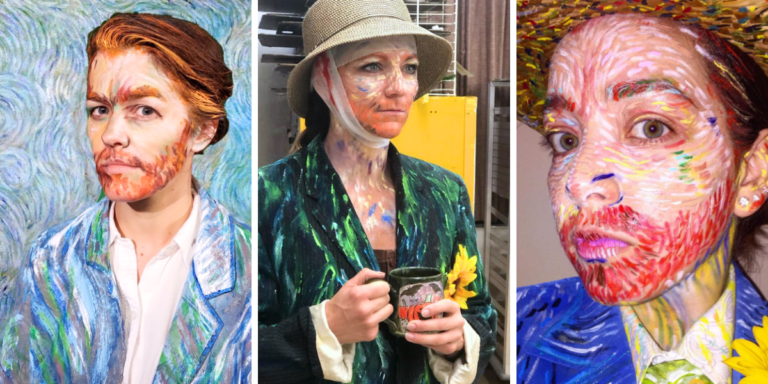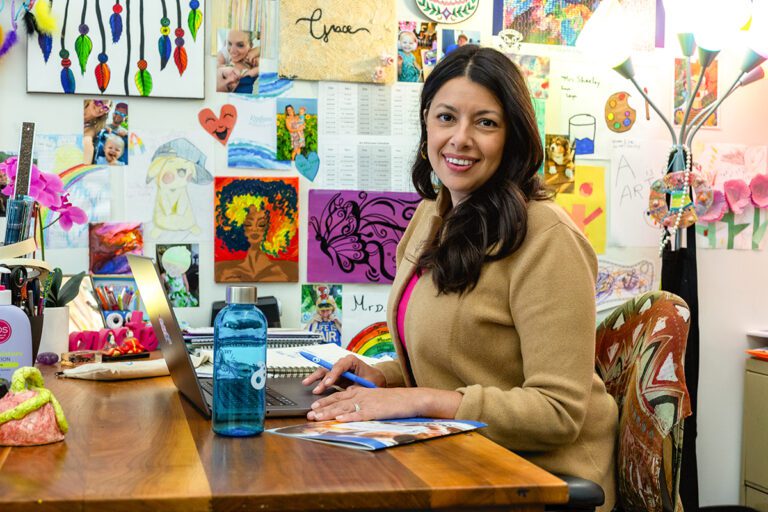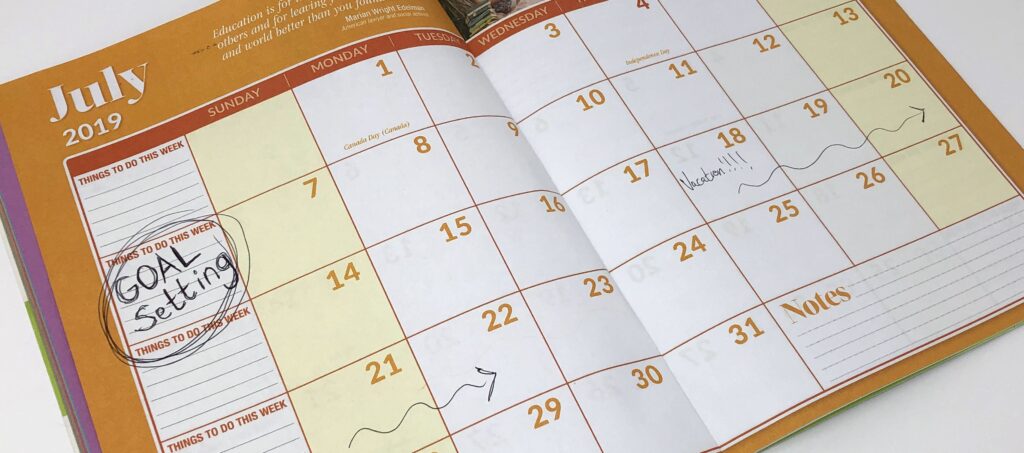
Summer break is a great time to start reflecting on your career and making a plan to move forward. Although it’s important to take time to rest and rejuvenate for the coming school year, you may also want to take advantage of a clear head space to think about what you really want for your professional career.
You may decide your goals require additional lesson planning, grant writing, or schooling, to become a reality. All of these actions take time. Once the school year begins, you’ll have even less time and energy to devote to your future career. Invest time in yourself now, and it will be sure to pay off in the near future!
Here are 3 steps to get started.
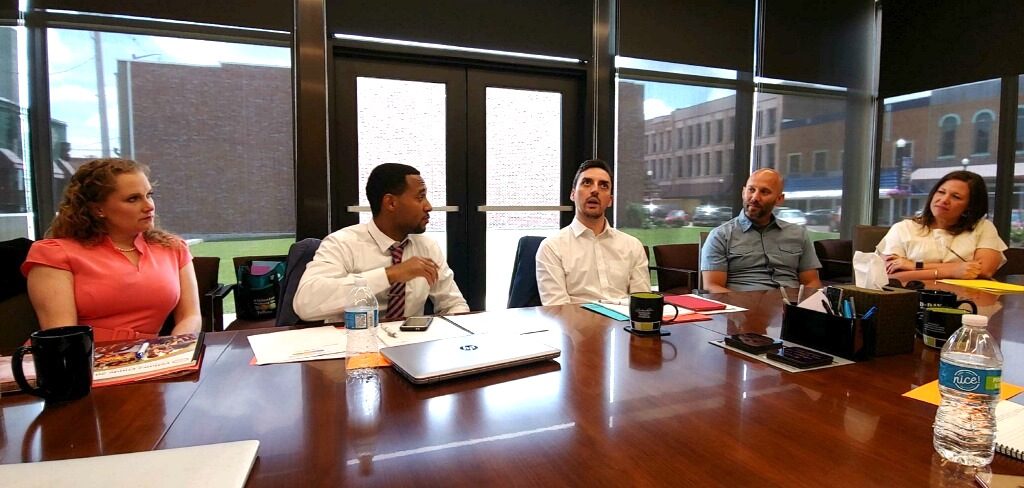
1. Identify Challenges
When you’re first setting goals for your career, take a critical look at where you are now. Hopefully, you’re in a position you love, but even the best jobs have their challenges. Ask yourself, “What am I unhappy with?” You may find the location, grade level, or other factors particularly frustrating in your current position. Before you set goals for the future, identify the challenges you face in the present.
Acknowledging what you’d like to change is a great place to start when planning the next step in your career. Once you recognize the challenges, you can start to brainstorm ways to move forward.
Sometimes making a list can help make challenges seem more manageable. You can prioritize what is important, and what you may want to tackle first.
Possible challenges may include:
- Lack of resources
- School location
- Grade level
- Working conditions
- Colleagues
- Administration
- Lack of teamwork
- Too many roles
- Excessive paperwork
- Prescribed curriculum
All of these challenges can be frustrating for teachers. Some of them may even require a complete career change. Whatever the challenge may be, acknowledging that it’s keeping you from your true passion of teaching, is the first step to creating goals for a better career.
2. Explore Interests
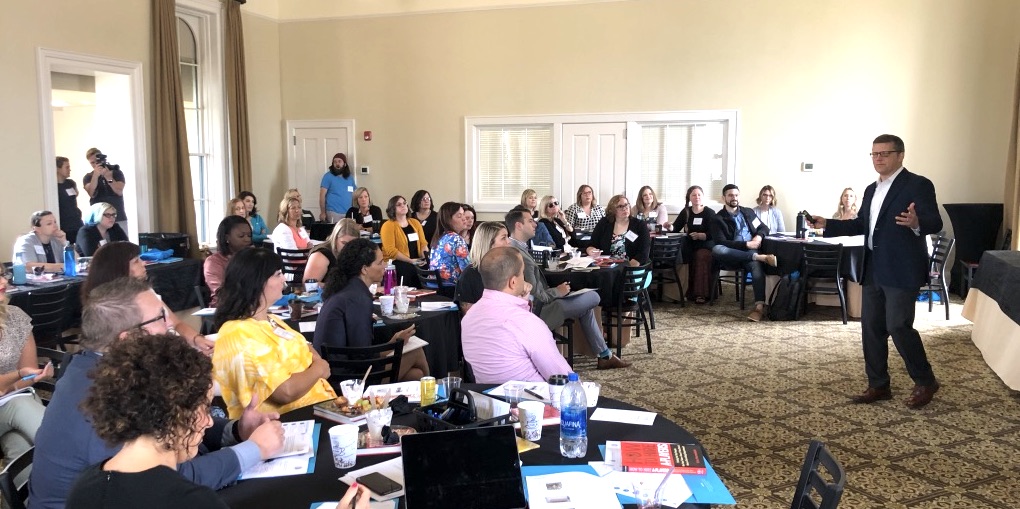
Now is the time to dream big and think of your ideal career. If you could teach anything you wanted without worrying about any restrictions, what would that look like? Imagine the perfect job. Maybe you had a passion for printmaking in college, but have avoided teaching this process with your students because of limited time or money. Set realistic short-term and long-term goals to help you explore your personal interests and passions. Take a class (Studio: Printmaking would be a great choice!) set aside time to devote to planning new curriculum, and look for grants or funding to help you reach your goals.

Other areas of interest may include:
- Continuing education
- Implementing new technology
- Expanding on artistic processes
- Offering a new course or club
- Facilitating an art activity in the community like a mural, service learning opportunity, or exhibition
Exploring interests may seem like frivolous fun when other responsibilities are begging for your attention. Try to think of this as investing in your career and improving your overall well-being. If you can start to incorporate some of your interests to improve your curriculum, you will also improve how you feel when you’re at work and have a more purposeful and successful career.
3. Seek a Mentor
Once you’ve set your own personal goals, don’t feel like you have to reach them alone! Share your ideas with a mentor who can help encourage and advise you along the way. This could be a colleague, professor, or anyone whose career you respect and admire. They may have the experiences needed to help you toward reaching your goals.
Begin by asking someone personally to be your mentor. Be sure to express that you admire the steps they’ve made in their career and the work you’ve seen from them. Explain that you’re looking for a mentor to ask a few questions, get some advice, and to hold you accountable on the goals you’ve created for your career. A personal request will go a long way. A mentor does not necessarily have to be a formal arrangement. You can ask to meet with them a few times a year, or whatever works best with both of your schedules.
Begin by sharing your list of challenges, interests, and personal goals with your chosen mentor. They can offer some words of advice on what you’ve come up with so far. Ask them about their career and the steps they took to arrive where they are now. This may include education, extra coursework, or experiences outside of education. If you admire the work they’ve been doing, chances are you will gain some helpful insight by listening to their story.
Final Thoughts
Having a vision for your professional future means you have something to work toward and something to look forward to! You can’t reap the rewards without putting in some work and planning ahead. Take time this summer to set new goals for your career!
What short-term goals do you have for the coming school year?
What are your long-term professional goals?
Magazine articles and podcasts are opinions of professional education contributors and do not necessarily represent the position of the Art of Education University (AOEU) or its academic offerings. Contributors use terms in the way they are most often talked about in the scope of their educational experiences.
